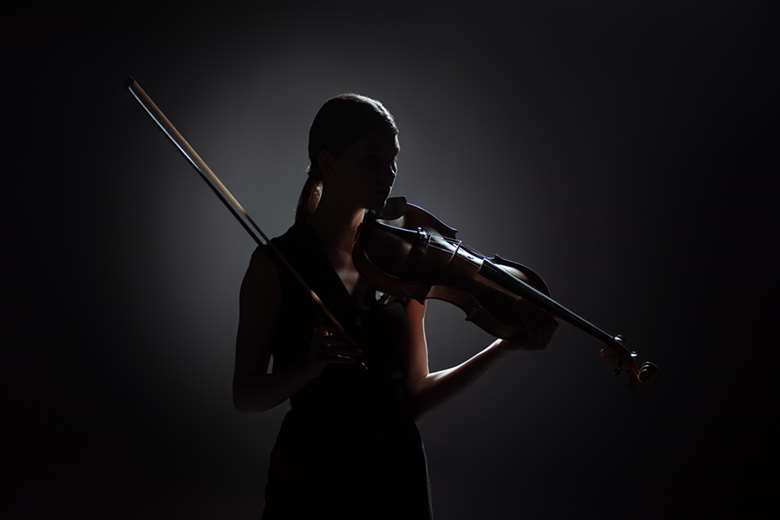Over half of women in music have experienced gender discrimination, report reveals
Florence Lockheart
Wednesday, March 27, 2024
The report, based on the findings of the inaugural Musicians’ Census also found a third of women in music report having been sexually harassed

A new report, released by the Musicians’ Union and Help Musicians has found that over half (51%) of women in music have been discriminated against due to their gender and over a third (33%) have reported being sexually harassed while working as a musician
Published today, the Women Musicians Insight Report uses data from the Musicians’ Census, which saw almost 6,000 musicians surveyed last year. Responses from the 2,526 UK musicians who identified as women found that women are paid less, and have much less career longevity than men, despite being trained and educated to a higher level.
Women in CTRL, a movement working towards an industry where ‘talent transcends gender’, supports the report. Its founder Nadia Khan said: ‘It's alarming to witness the persistence of gender disparities highlighted by the UK Musicians’ Census, where discrimination, harassment, and unequal pay remain prevalent issues faced by women musicians, demanding urgent action. This pivotal moment presents a unique opportunity for change ahead of the next musicians' census. It's vital that the industry makes genuine commitments and takes decisive actions to prevent the recurrence of the same data.’
Today’s report finds that women are more than eight times more likely to face gender discrimination (something experienced by only 6% of male respondents to the survey), making up two thirds (62%) of those who identified work-related abuse or harassment as a career barrier. Women were also found to earn nearly a tenth less than their male counterparts annually and make up just 19% of the highest income bracket (those earning £70,000 or more from music each year). The fact that 14% more women have a music degree, and 15% have a postgraduate music qualification doesn’t correlate with higher average earnings.
This also affects career longevity, with women more represented in younger age brackets (47% of musicians aged 16-55 are women, but this drops to just 26% after the age of 54) and 30% of women musicians surveyed reporting age discrimination compared to 21% of men. Female musicians have a higher rate of primary caring responsibilities and 29% of state that family and caring commitments are a barrier to their career (this fell to 11% among musicians of other genders).





